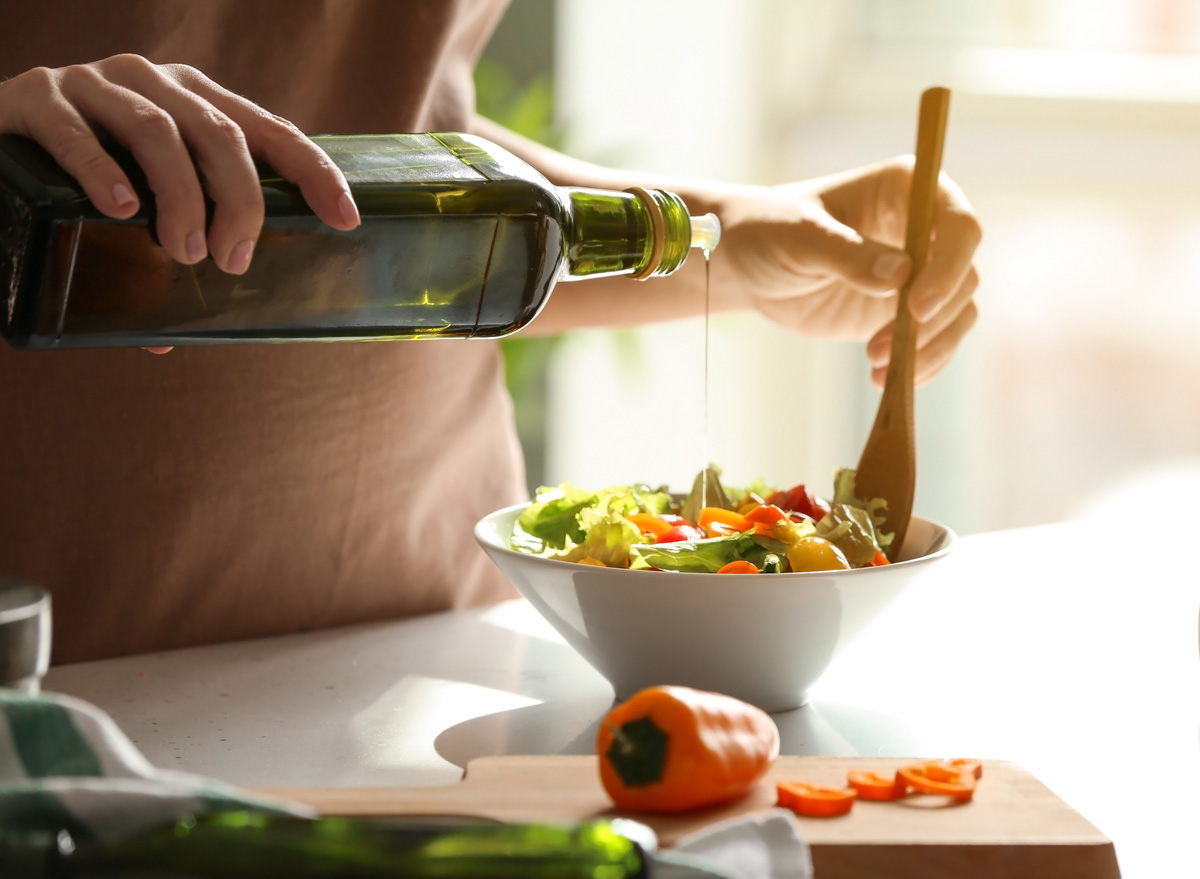7 Effective Ways to Clean Kitchen Counters for Barbecue Enthusiasts
Written By James Morgan
As a barbecue enthusiast, keeping your kitchen counters clean is essential. Not only does it ensure a hygienic cooking environment, but it also helps maintain the counters' appearance. Here's a comprehensive guide to help you keep your kitchen counters spotless.

1. Introduction to Cleaning Kitchen Counters
Cleaning kitchen counters might seem straightforward, but there are specific techniques and products that can make the task easier and more effective. Whether you're dealing with stubborn barbecue sauce stains or just everyday grime, this guide covers everything you need to know.

2. Choosing the Right Cleaning Materials
Before you begin cleaning, gather all necessary materials, including:
- Soft cloths or sponges
- Dish soap
- White vinegar
- Baking soda
- Hydrogen peroxide
- Microfiber cloths
2.1 Dish Soap
Dish soap is versatile and effective for a wide range of stains. It's gentle enough for daily use and strong enough to tackle greasy residues.
2.2 White Vinegar
White vinegar is a natural disinfectant that can cut through grease and grime. It's also safe for most counter surfaces.
2.3 Baking Soda
Baking soda is slightly abrasive, making it perfect for scrubbing off tough stains without scratching the counter surface.
2.4 Hydrogen Peroxide
Hydrogen peroxide is excellent for sanitizing and removing stubborn stains. It's particularly useful in kitchen areas where food is prepared.
2.5 Microfiber Cloths
Microfiber cloths are ideal for wiping down surfaces without leaving streaks or lint behind.

3. Cleaning Different Types of Kitchen Counters
Different counter materials require different cleaning methods. Here's how to handle various types:
3.1 Granite Counters
Granite is durable but can be sensitive to certain cleaners. Use a mixture of dish soap and warm water for daily cleaning. Avoid acidic substances like vinegar, as they can damage the surface.
3.2 Marble Counters
Marble is beautiful but porous. Use a pH-neutral cleaner or a homemade mixture of dish soap and warm water. Avoid abrasive cleaners that can scratch the surface.
3.3 Quartz Counters
Quartz is non-porous and stain-resistant. Clean with a soft cloth and a mild detergent. Avoid harsh chemicals that can damage the resin binding the quartz particles.
3.4 Butcher Block Counters
Butcher block counters require regular oiling to prevent drying and cracking. Clean with a mixture of vinegar and water. For stains, use a mild abrasive like baking soda.

4. Step-by-Step Guide to Cleaning Kitchen Counters
Follow these steps to clean your kitchen counters effectively:
4.1 Remove Clutter
Clear the counter of any items to make cleaning easier and more thorough.
4.2 Wipe Down Surfaces
Use a damp cloth to wipe away loose debris and crumbs.
4.3 Apply Cleaner
Apply your chosen cleaner to the counter surface, following the instructions for the specific cleaner.
4.4 Scrub Gently
Use a soft cloth or sponge to scrub the surface gently. For tough stains, use baking soda or a mild abrasive.
4.5 Rinse and Dry
Rinse the counter with clean water and dry with a microfiber cloth to prevent streaks.
5. Dealing with Stubborn Stains
For barbecue enthusiasts, barbecue sauce and grease can be particularly tough to remove. Here's how to tackle them:
5.1 Grease Stains
Sprinkle baking soda on the stain and let it sit for a few minutes. Scrub gently with a damp cloth and rinse with water.
5.2 Barbecue Sauce Stains
Mix hydrogen peroxide and baking soda to form a paste. Apply to the stain and let it sit for a few minutes before scrubbing gently and rinsing.
6. Preventing Future Stains
Prevention is key to keeping your kitchen counters looking their best. Here are some tips:
6.1 Use Cutting Boards
Always use cutting boards to prevent scratches and stains from knives and food.
6.2 Clean Spills Immediately
Wipe up spills as soon as they occur to prevent staining and sticky residues.
6.3 Regular Maintenance
Incorporate regular cleaning into your routine to keep counters looking fresh.
7. Tackling Specific Cleanup After Barbecue Sessions
After a barbecue session, your counters may need extra attention. Here's how to handle it:
8. Conclusion
Keeping your kitchen counters clean is essential for a hygienic and attractive kitchen. By following these tips and using the right materials, you can ensure your counters stay in top condition.
FAQs
How often should I clean my kitchen counters?
It's best to clean your kitchen counters daily to prevent the buildup of grime and bacteria.
Can I use bleach on my kitchen counters?
It's generally not recommended to use bleach on kitchen counters, as it can damage certain surfaces. Stick to mild detergents and natural cleaners.
What's the best way to disinfect my counters?
White vinegar or a mixture of water and hydrogen peroxide are effective natural disinfectants for most kitchen counters.
How can I remove sticky residues from my counters?
Baking soda mixed with water can help remove sticky residues without damaging the counter surface.
Are natural cleaners safe for all counter types?
Most natural cleaners, like vinegar and baking soda, are safe for a wide range of surfaces, but it's always good to test a small area first.
Should I seal my granite or marble counters?
Yes, sealing granite and marble counters regularly helps protect them from stains and damage.
As an Amazon Associate, I earn from qualifying purchases.



